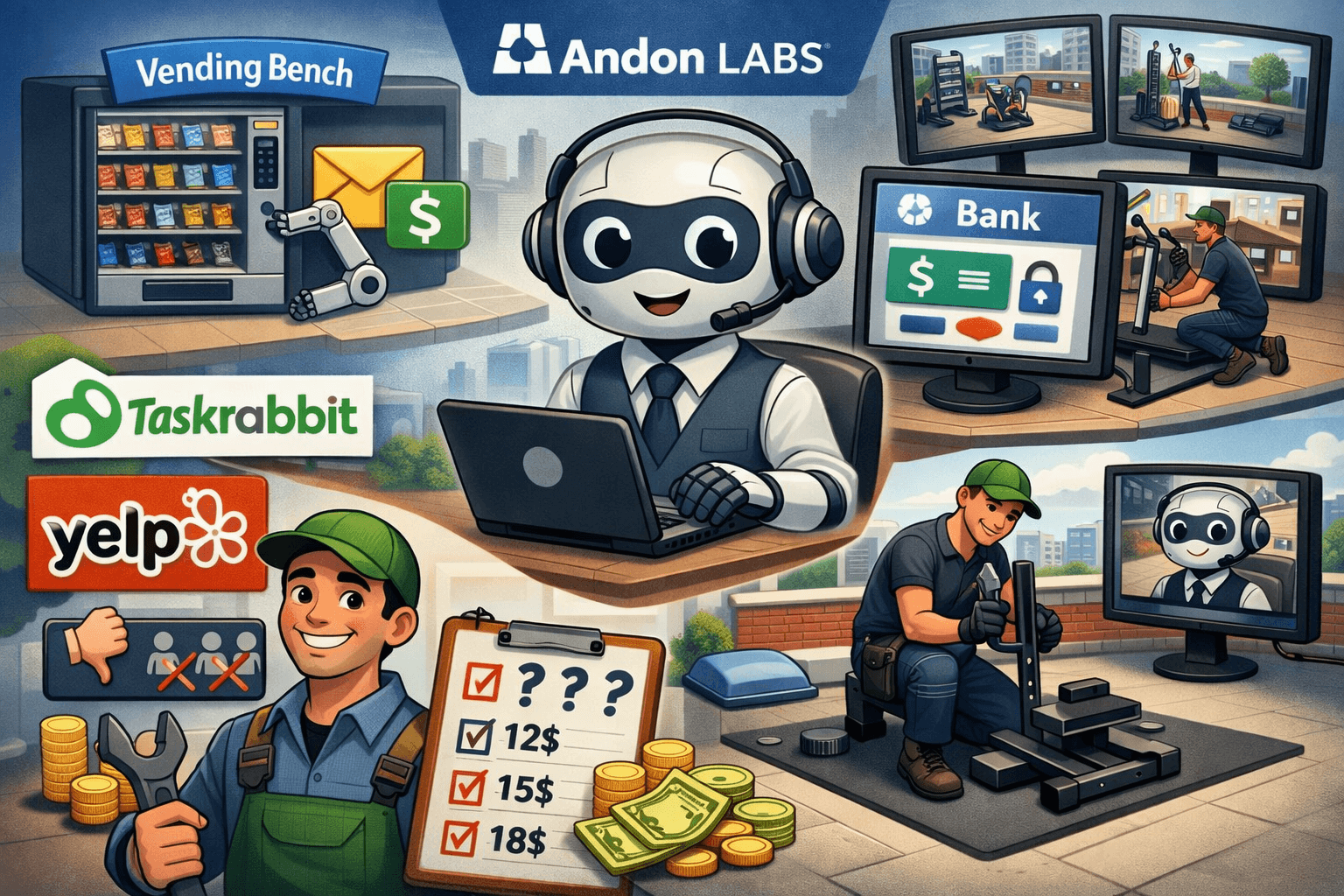The topic of teenage addiction to “likes” on social media is a serious problem that requires careful consideration.
In this article, we'll tell you why “hearts” are so important not only for teenagers, but also for adults.
And if your child wants to discover the world of IT technologies, we are looking forward to seeing him at Progkids!
Who came up with likes
The concept of “likes” as a way to express approval or a positive reaction to content existed long before the advent of social media.
Early analogues
We can say that the predecessors of “likes” were rating systems, such as movie ratings or stellar product ratings in online stores. They allowed users to express their opinions.
Friendster and MySpace
These early social networks had features that allowed you to add friends and like your profile. However, these were still not “likes” in their modern sense.
Facebook
It is believed that modern “likes” first appeared on Facebook. The social network introduced this feature in 2007, after which “hearts” began to appear on other platforms.
The advantages of “hearts”: why they are important
Engagement and a sense of belonging
Likes are an easy way to show approval. They also provide an opportunity to feel connected to the content creator and the community as a whole.
Motivation to keep going
“Likes” serve as a positive reinforcement, motivating users to create and share content. This is especially important for bloggers, artists, and other content creators. For them, “Likes” are an indicator of the success and relevance of their work.
Save time
The number of “likes” can be used as a quick indicator of content popularity. This helps users decide whether to spend time watching content or not.
The disadvantages of “likes”: why “hearts” are addictive
Self-esteem
Likes are often seen as a measure of self-worth. The absence of “hearts” can cause a person to feel insecure, anxious, and even depressed. Thus, a teenager often begins to associate his self-esteem with external approval, rather than with internal sensation.
Social comparison
Social media is a window into other people's “ideal” lives. They make people compare themselves to others and sometimes feel their own inferiority acutely. Trying to get more “likes” than others can become an obsession.
Pastime
Checking the number of “likes” and striving to get them takes a lot of time that could be spent on studies, real-life communication, hobbies, and other important activities.
Risky behavior
In pursuit of likes, teens can post risky photos and videos or engage in dangerous activities to get attention and get approval.
Dependence cycle
Getting “likes” causes dopamine to be released. This creates addiction: the teenager increasingly begins to need “hearts” to achieve the same level of satisfaction.
What to do if you find signs of addiction
An important conversation
You should definitely talk to the teenager about his feelings, explaining to him that “likes” do not determine human value.
Social media time limit
To help your teenager spend less time on social media, help him find other, more useful hobbies. Hobbies, sports, social events — all this will help you distract yourself from social media and increase self-esteem.
Developing critical thinking
Talk to your child about how people show things on social media that are often not real, so don't chase illusory success.
Contact a specialist
If the problem is serious, be sure to consult a psychologist.
Do you want your child to get a job that is in demand? Make a contribution to his career right now! Sign up for free trial lesson at Progkids!
























